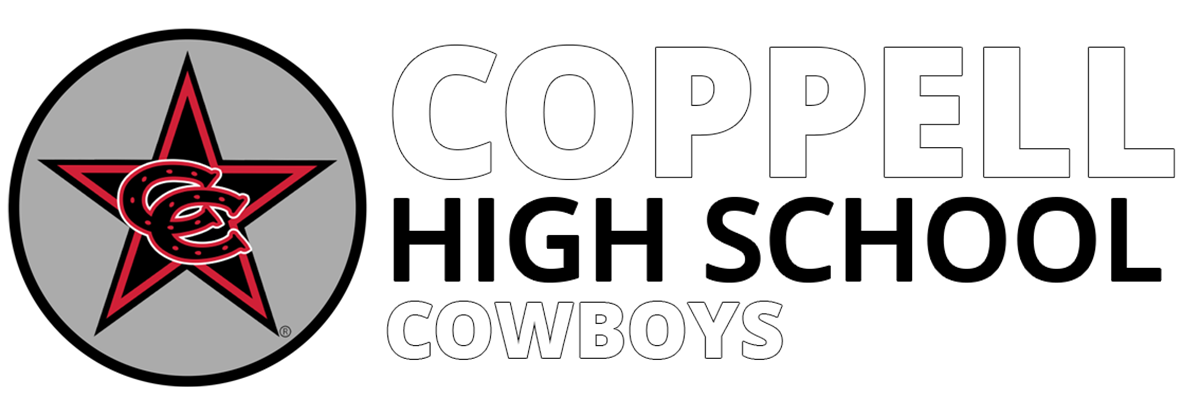Skip to content
Home
Show submenu for About Us
Principal
Show submenu for Staff Directory
Staff Directory
Show submenu for Counseling
Show submenu for Academics
Show submenu for Student Activities
Show submenu for Fine Arts
Athletics
Show submenu for
